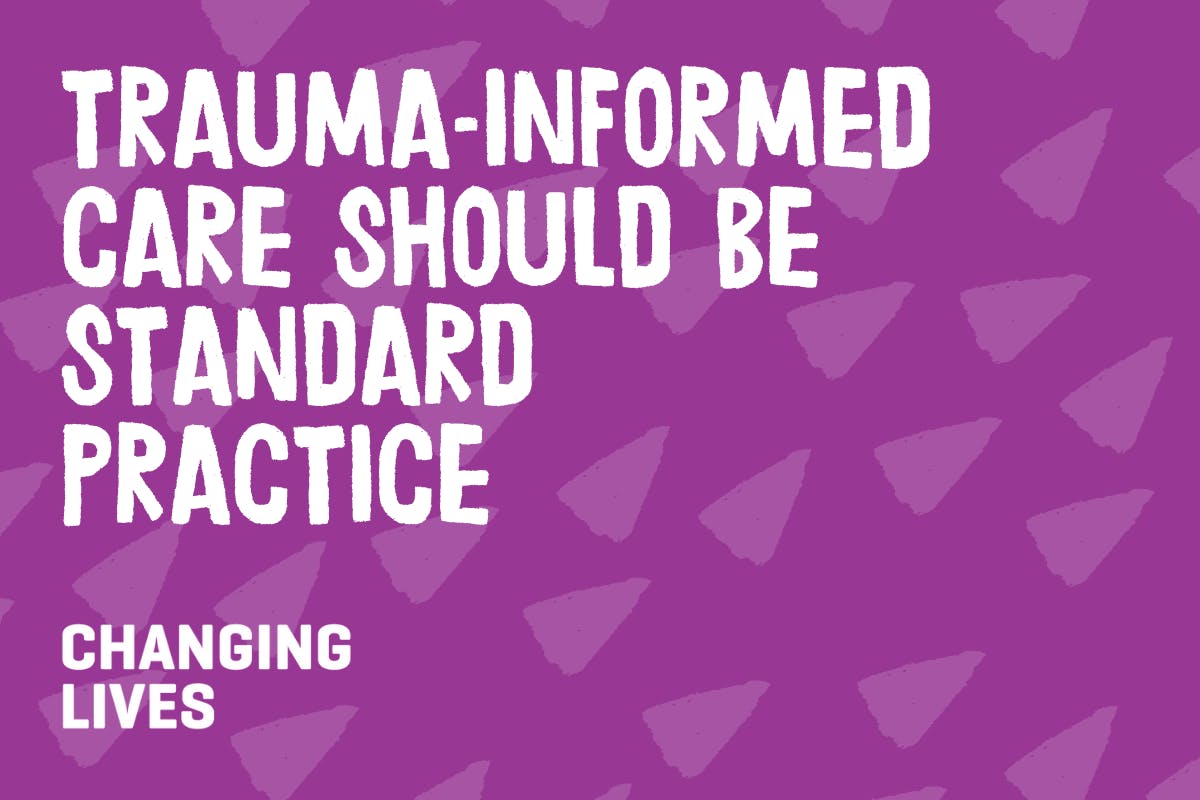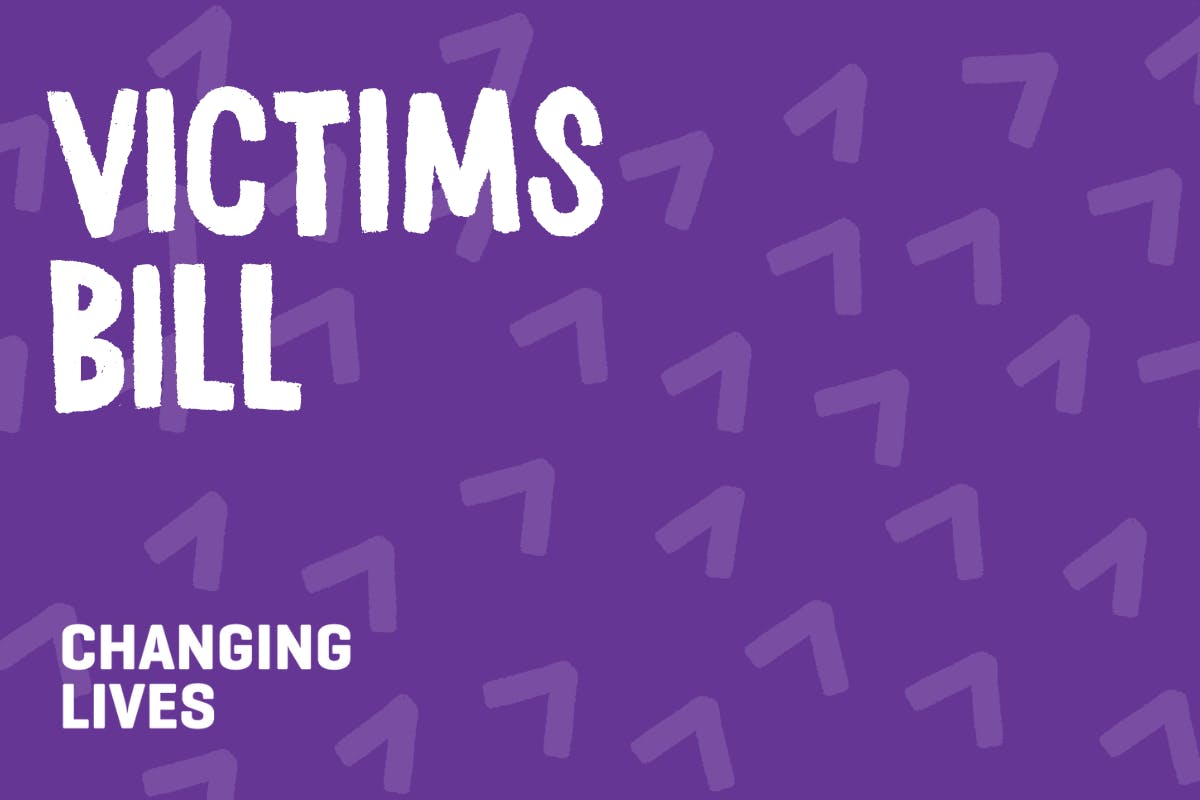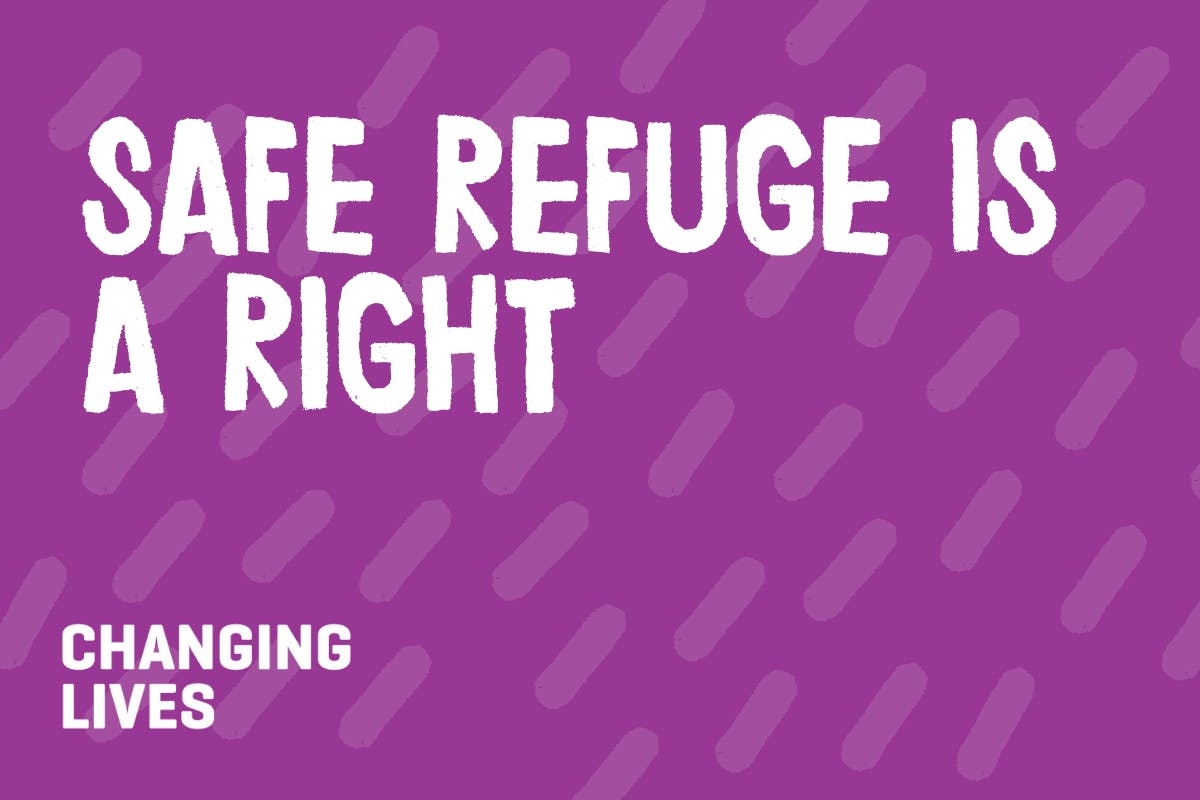In this blog, our STAGE Policy officer, Jess Creaby-Attwood talks about the women's health strategy and what it means for the people we support.
The Women’s Health Strategy published earlier this week represents a significant and welcome dedication to closing the gender gap in accessing healthcare. It presents a clear commitment to creating systemic change within the healthcare system, and we are therefore hopeful of the positive change to come from this.
Professor Dame Lesley Regan’s foreword highlights that this strategy is just the beginning, which we can amend and add to. While there are great steps forward outlined in the Strategy, we believe that it can go much further and much deeper in terms of clear goals and actions set out to improve the experiences of women who have face barriers to healthcare as a result of their experiences of abuse and exploitation. Indeed it was disappointing that, after over a year of waiting for this Strategy to be released, most of the measures to support women who have experienced abuse focus on further research rather than taking action now. Therefore, we welcome Professor Regan’s dedication to working with all sectors to continue to improve the conditions for the women who are often overlooked in the healthcare system and offer our research and recommendations to help make this happen as soon as possible.
Domestic abuse is the only form of violence against women and girls (VAWG) that receives any real attention or action in the Strategy. The focus on domestic abuse is a testament to the fact that the Domestic Abuse Commissioner is committed to advocating for people who have experienced domestic abuse, and we are glad to see the specific health needs of women who have experienced abuse recognised within the Strategy. This shows that with the right political will and leadership there is the possibility to make real change. However, by limiting the broad spectrum of VAWG to only domestic abuse, other forms of this violence have been left unmentioned. We would like to see the good practice and commitment to change shown around domestic abuse to be extended to other forms of VAWG, including sexual exploitation of adult women which is often overlooked in policy and practice.
The Strategy rightly acknowledges that there is a need for healthcare professionals to be able to spot the signs of abuse and exploitation to support their patients. However, the Strategy itself fails to do this. It highlights a study with women in North West London which found that 33% of recent births were the result of unplanned pregnancies, yet the recommended action to tackle this revolves entirely around the provision of contraception. Access to contraception is an incredibly important step forward in supporting sexual health and bodily autonomy, however, in isolation it risks missing a larger issue.
Findings from the STAGE project shows that professionals often fail to question why women are presenting with multiple unplanned pregnancies, despite it being a potential warning sign for sexual exploitation. Therefore, while we encourage the continued provision of contraception, measures should also be put in place to ensure that all healthcare staff understand what sexual exploitation is, how it can be identified, and appropriate responses to it within healthcare settings, as has been done for domestic abuse. We recommend that this is done through NICE guidelines on sexual exploitation, training for all staff, and ongoing reflective practice and supervision.
The Strategy lays out a plan to publish a definition of trauma-informed practice, encourage its adoption across the health and social care sector, and develop an evidence base around the impact of trauma-informed practice. This a welcome dedication to trauma-informed care however it lacks ambition and clarity in both timescale and scope. There is already a large evidence base of trauma-informed practice across sectors that can be implemented by the healthcare system and trauma-informed practice needs to go beyond individual staff practice but look at how the systems themselves are often highly re-traumatising.
We recommend that healthcare providers work in partnership with organisations specialising in trauma-informed care and those with lived experience to ensure that being trauma-informed is reflected not only in individual practice but in the systems, procedures, and pathways in healthcare. Trauma-informed care should also be standardised across England, not just through encouragement, but clearly laid out as mandatory practice.
The roadmap to create 50 million general practice appointments by 2024 outlined in the Strategy marks a welcome dedication to tackling the disparities in accessing healthcare. However, our research through the STAGE project indicates that women who experience multiple disadvantages face more barriers to accessing healthcare than can be resolved solely through the creation of extra appointments. For example, many surgeries still rely on patients calling first thing in the morning and remaining on hold, often for up to an hour. Some women do not have a phone, and many rely on a pay-as-you-go phone and do not have the credit to remain on hold for a long time.
While these are not problems unique to women, they are particularly common amongst women who experienced multiple disadvantage and abuse, yet such barriers are not acknowledged anywhere in the Strategy. We would have liked to see more practical measures that would help women who have experienced abuse and exploitation overcome these additional barriers, such as the implementation of more accessible booking and triage systems in all GP practices.
The publication of this strategy indicates towards great steps forward for the experiences of women in the healthcare system, but we need to see the inclusion of and ambitious strategies for the most vulnerable women and we look forward to supporting this work.
For more information about the STAGE project, a partnership of eight charities supporting women who have experienced sexual exploitation, and the barriers to healthcare that these women face, you can read our latest briefing and find out more about the partnership.





